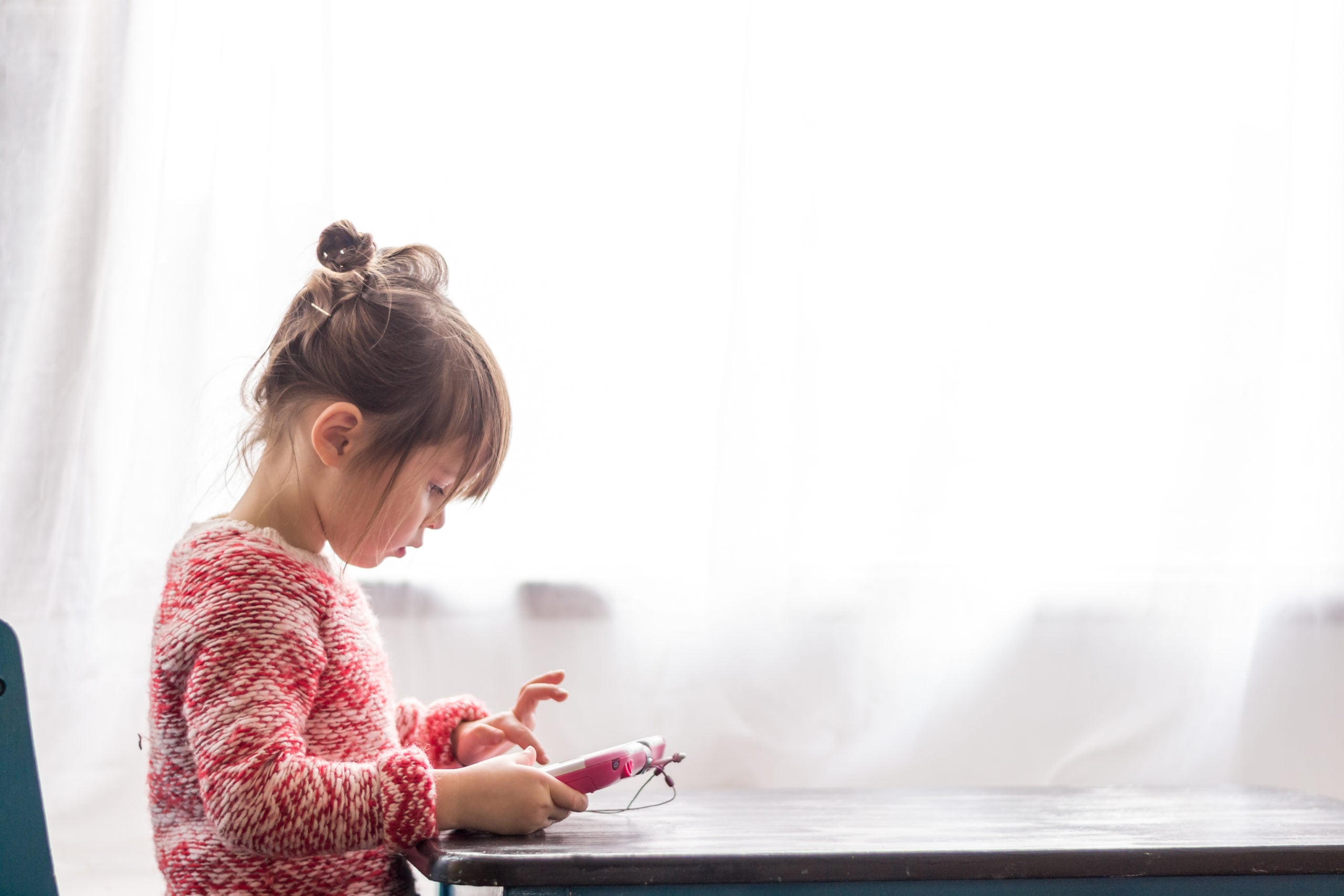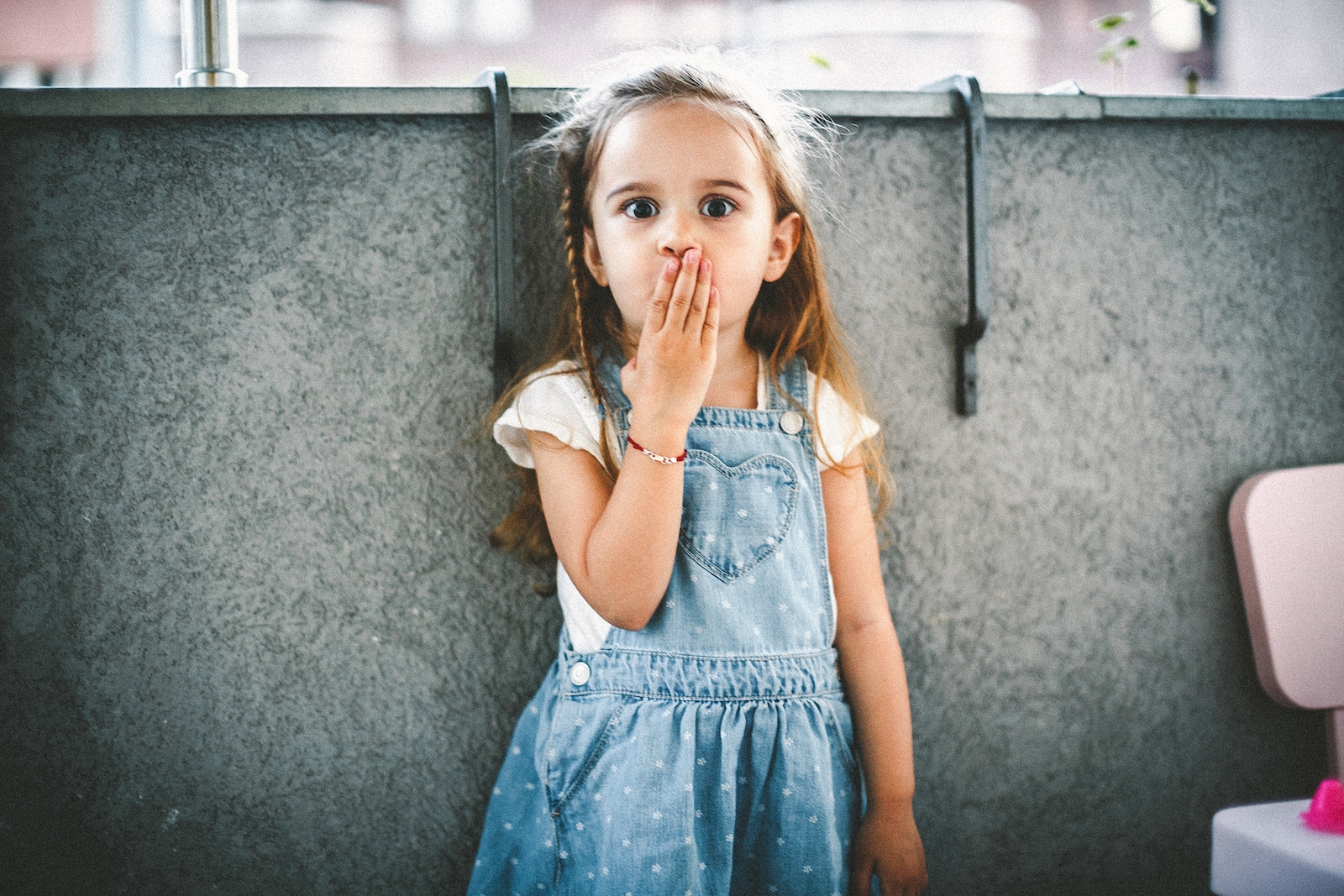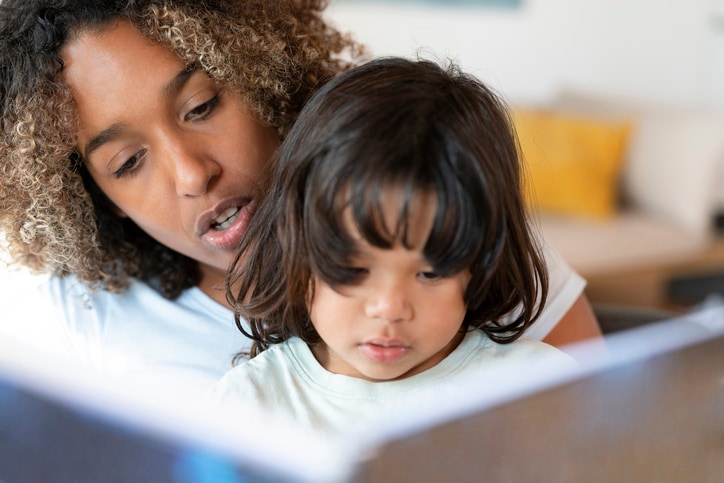In this article
For parents who require nanny care, it’s a big leap of faith. Choosing and vetting a new nanny can be a stressful process — and adjusting to a new nanny-child relationship comes with just as many question marks. Parents want their children to feel safe and cared for by a nanny, but some also worry about how close their children become with their caregiver. Can children become overattached to their nanny? The experts say yes — but it’s rare.
“Secure attachment to caregivers is an important factor in a kid’s ability to develop resilience and social competence,” says Dr. Whitney Casares, a board-certified pediatrician and the author of “My One of a Kind Body”.
Much of the research about attachment focuses on the relationship between parents and their kids, but forming healthy bonds with teachers, caregivers, and coaches is also an important part of development. Casares says there are times when parents should worry about a nanny-child bond, but positive bonds should generally be seen as a sign that you chose the right nanny. “A strong, healthy attachment between a nanny and a child is generally additive.”
Key takeaways
- Kids forming secure bonds with a nanny is typically a sign of emotional health and a strong foundation in attachment with their parents.
- While uncommon, over-attachment can occur if the nanny spends excessive time with the child or oversteps parental boundaries and authority.
- In a healthy nanny-child relationship, the child’s bond with their nanny complements, rather than competes with, the parent-child bond.
- Encourage open communication, establish clear boundaries and show mutual respect between parents and nannies to give kids the best shot at healthy attachment on all fronts.
Is nanny attachment a good thing?
In short, yes. “When a child forms a secure attachment with their nanny, it demonstrates their capacity for healthy bonding and trust-building,” says Erin Pash, a licensed marriage and family therapist and founder and CEO of Pash Co.
Kids can attach to nannies, in most cases, because they have a strong foundation in healthy attachment due to their parental bonds. “Children naturally form temporary but meaningful attachments throughout their lives — with teachers, coaches, babysitters and other caring adults,” Pash says. This attachment provides the building blocks for raising emotionally healthy adults with crucial skills like:
- Emotional security.
- Increased social competence.
- Strong emotional regulation skills.
- Resilience.
Think of it as a set of building blocks: Parental attachment is the base, and other important social relationships are built upon it. It takes a solid base to build a tall tower.
“A child’s relationship with their nanny is especially critical if they spend a significant amount of time with the nanny throughout the week,” adds Casares.
Can a child be overly attached to a nanny?
Be aware of signs of over-attachment so adjustments to childcare can be made, says Casares. “Even though nanny attachment is generally a good thing, a child can become overly attached to their nanny in certain circumstances.” She points to a 2020 study from the University of California, Davis, which noted an increase in disorganized attachment patterns when children spent too much time with a nanny.
Some signs of disorganized attachment are:
- Difficulty regulating emotions.
- Increased temper tantrums.
- Inconsistent responses to common situations.
- Inability to be consoled by parents or primary caregivers.
Some signs of over-attachment to a caregiver are:
- Mood swings, such as alternating between anger and withdrawal.
- Refusing to be consoled by their parents after a caregiver leaves.
- Refusing to listen to parents and/or valuing a nanny’s directives over their parents.
Casares says that when nannies overstep their role, it can also cause attachment issues — she once experienced this herself. “I had a nanny who overstepped and undermined me left and right, even talking to my child negatively about me when I wasn’t home and praising herself for her ‘superior’ care skills in my presence,” she says.
When Casares tried to discuss her concerns, the conversation was not productive. “Thankfully, my children were too young to be dramatically affected by her carelessness, and I was quick to let her know she was not a good fit for our family,” she adds.
Asking some key nanny interview questions lessens the chances of a bad match, but it’s not foolproof.
“Secure attachment with a nanny often strengthens the parent-child relationship by providing the child with additional emotional security and modeling healthy relationship patterns.”
— Erin Pash, licensed marriage and family therapist
Does nanny attachment hurt the parent-child bond?
For parents who must leave their kids with caregivers each week, it is natural to worry about the nanny relationship usurping or competing with the parental bond. While it can happen, the experts say it’s not common.
“Secure attachment with a nanny often strengthens the parent-child relationship by providing the child with additional emotional security and modeling healthy relationship patterns,” says Pash. “Parents remain the primary attachment figures, and nanny relationships complement rather than compete with parental bonds.”
In situations like Casares experienced, though, the nanny-child relationship can undermine the parent-child bond. Leaving children with a nanny for more than 40 hours per week can also damage the parent-child bond. Generally, though, Pash says it’s not something parents need to overly worry about if the nanny seems like a good fit in other ways. Pash also notes that a child missing their nanny or being reluctant to part from them is also not a bad thing.
“What parents sometimes interpret as ‘over-attachment’ is often simply the child expressing their natural bond with someone who provides consistent, nurturing care,” she says. “The key is ensuring the attachment feels secure rather than anxious or dependent.”
Signs of secure attachment in young children include:
- Emotional resilience. While kids may become upset when separating from a caregiver or parent, being easily calmed when they return is a sign of secure attachment.
- Independence. Securely attached kids feel confident exploring their world, knowing that their safe adults are nearby and can be relied on.
- Trust. Kids with strong attachment bonds seek out their trusted adults when they need comfort — due to injury, illness or big emotions.
- Openness. Kids who are securely attached generally show empathy, have healthier friendships and are better able to tell adults what their needs are.
Rather than viewing nanny attachment as problematic, families should celebrate these bonds as evidence of their child’s healthy social-emotional development.”
— Erin Pash
How to nurture healthy attachment between nannies and kids
Since a strong nanny attachment is more often positive than negative, there are some things parents can do to foster a strong bond. Some of the ways Pash recommends parents foster a healthy caregiver relationship are:
- Encourage open communication between all parties.
- Allow natural bonding to occur without forcing or preventing it.
- Establish clear but flexible boundaries and expectations.
- Support consistent caregiving routines.
- Foster respect between parents and nanny.
- Include the nanny in important aspects of the child’s life while maintaining parental authority.
With a little bit of effort, this ability to form, maintain and eventually transition on from secure attachments to their nannies is nothing but positive for most kids.
“Rather than viewing nanny attachment as problematic,” says Pash, “families should celebrate these bonds as evidence of their child’s healthy social-emotional development and capacity for meaningful relationships throughout life.”





